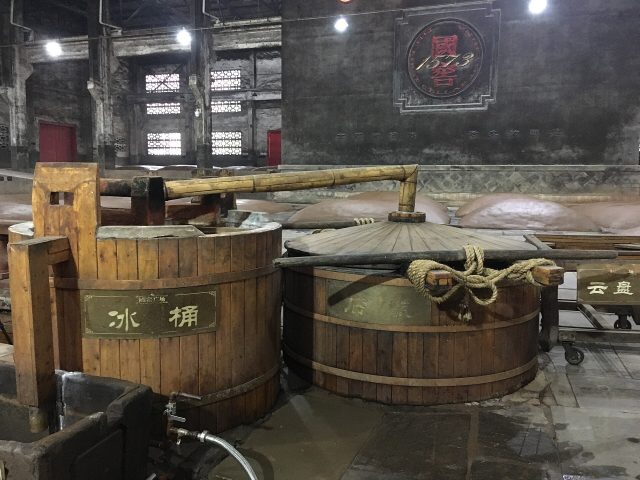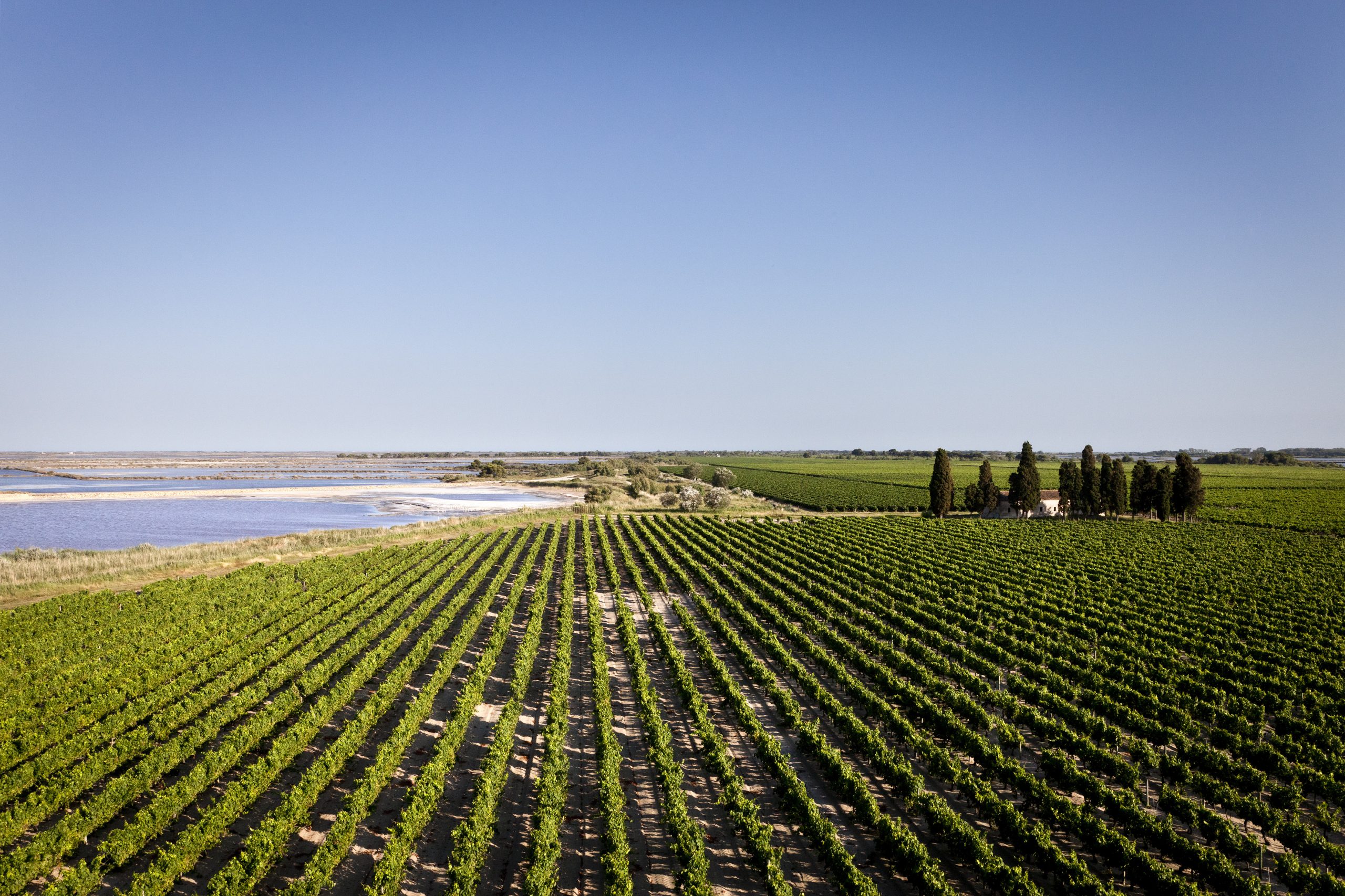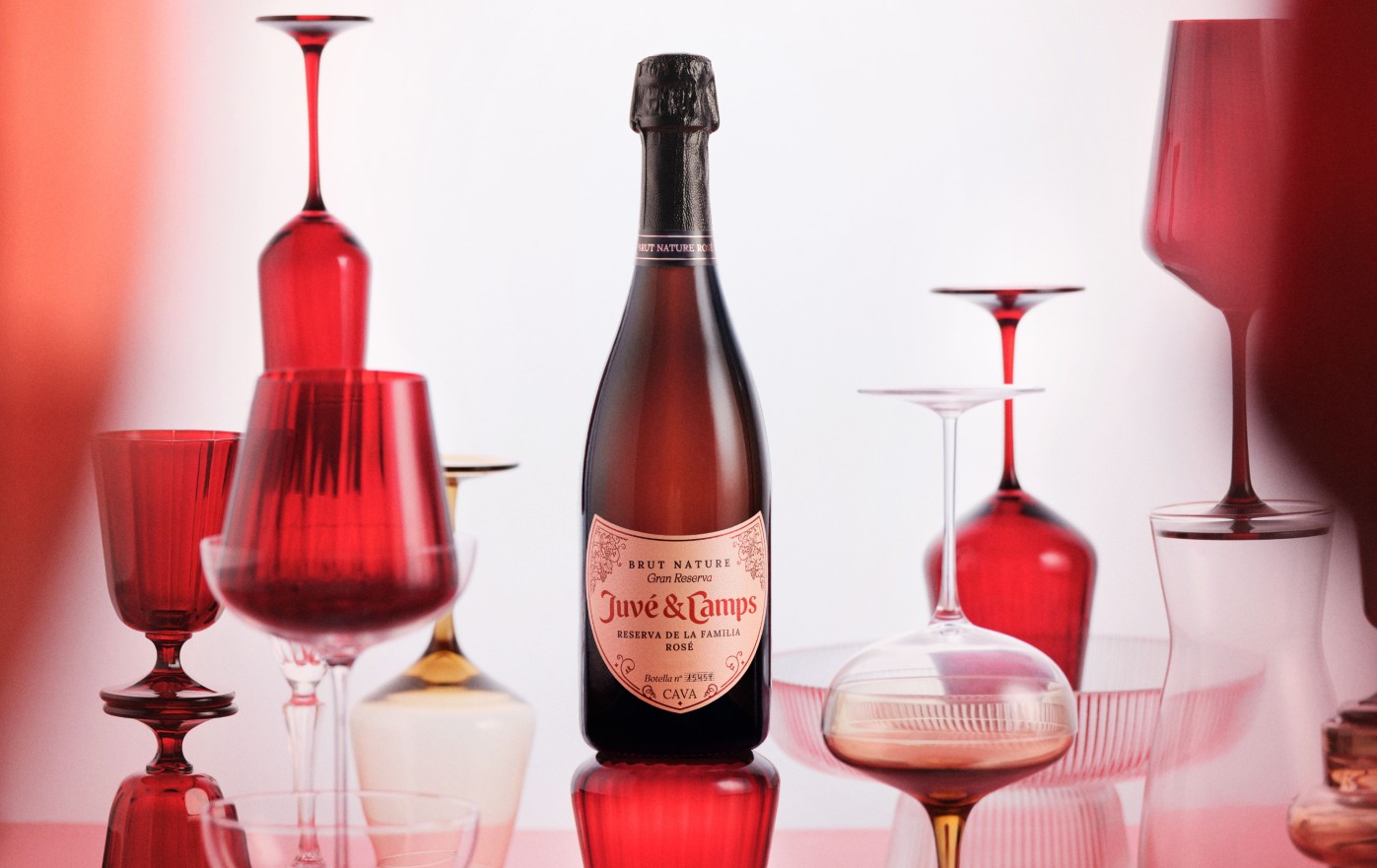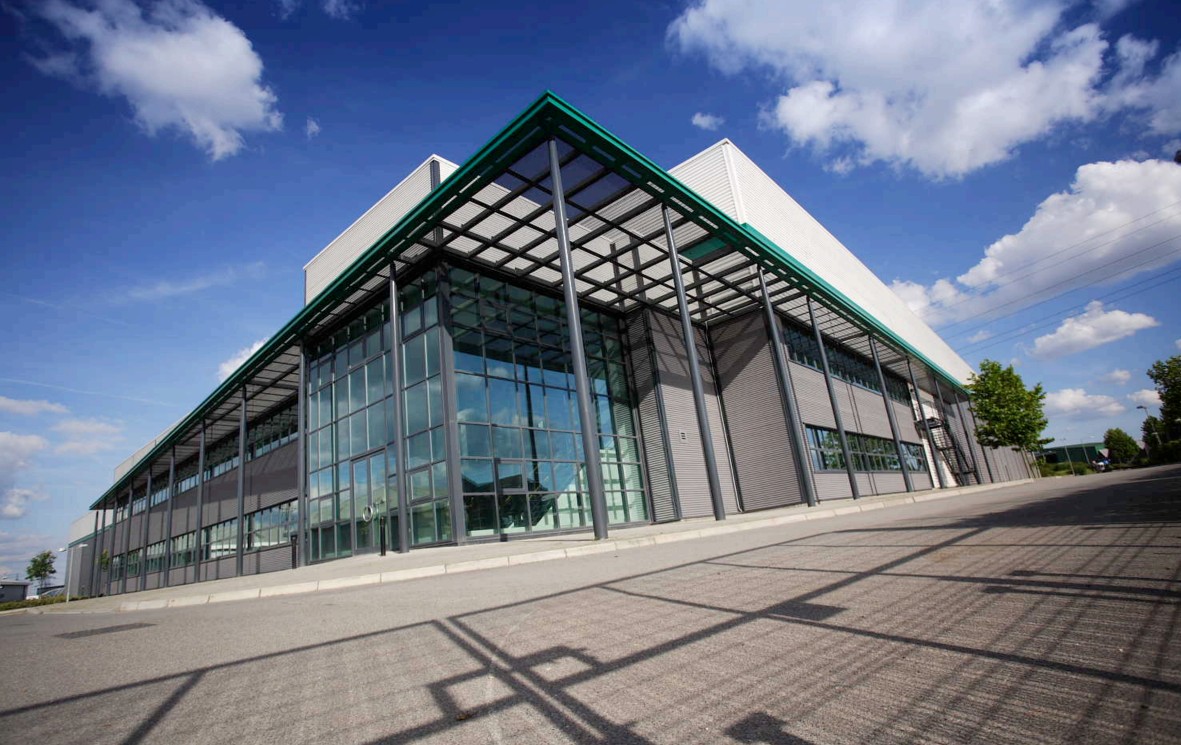“Good Baijiu Won’t Hurt You”: a trip to the city of Luzhou
Douglas Blyde took the 300kph train from Chengdu to the UNESCO-recognised “city of baijiu”, Luzhou, where the export brand, Ming River is crafted.

At the confluence of the Tuo and Yangtze rivers in Sichuan Province, producer Luzhou Laojiao, billed as the “oldest and number one”, has continuously crafted “Strong Aroma” baijiu for 24 generations. Evoking the scent of a humid stable, the official tour takes in the oldest of 36 naturally ventilated warehouses perfuming the city.
Evoking plump pillows, the oldest of the earthen pits here, so crucial to baijiu’s production, date from 1573, a number which adorns Luzhou Laojiao’s premium collection, as well as city landmarks. These are tended by workers who “must have master degrees” according to our guide who mentioned she had not led a tour in English since before the pandemic.
Beneath a protective cap of river mud, moistened by the tails of distillation, sorghum which favours Sichuan’s humid subtropical climate, ferments to a depth of three metres under the auspices of naturally thriving, flavour-enhancing microbes for around four months.
Interestingly, the Qing-era pits I saw appeared more logically arranged than more arbitrary ones from the Ming dynasty. Luzhou’s wealth of natural gas subsequently fuels a doublet of pot stills, which, in the course of a single distillation, produce a distinctively high, tropical distillate. I tasted this neat in a replica of a Yuan dynasty cup, having been encouraged to spill, then rub a little between my hands, before inhaling the drying aromas, which felt close to the original, blazing bright red cereal.
The result, on both palms and palate, felt notably silky, belying the uncut strength of 68%. I learned that Luzhou Laojiao became the first baijiu producer in 2017 to
achieve organic certification for the sorghum informing the 1573 expressions.
Partner Content
An adjacent museum features textured photographs of alumni who trained at Luzhou Laojiao, an array of breathtakingly refined Neolithic drinking vessels, and a Mongolian vase believed to have a value of ¥10m despite its cracks…
Past Meets Present
Traversing three river bridges, two of which were supported financially by Luzhou Laojiao, with one branded in 1573 livery, the final stop contrasted the blackened walls of the earthen pits. In a spotless facility reserved for preferred guests, it was time for a spot of “DIY”. “Good baijiu will never hurt you,” said the master by way of an introduction to the private blending workshop. Measured from a syringe, just two drops of a “sacred wine”, being a half-century-old distillate originally created in a four-century-old pit, transformed the 100ml base of just three and five year old liquids into a layered, tantalising drink with an indefatigable aftertaste persisting hours into the journey home.
We continued below ground where the display of ornate, customisable bottles beyond a glitzy, golden walkway might inspire a sur-mesure order. There was also a miscellany of trophy terracotta jars which, as per a private cask of single malt whisky, may be kept safe by the distillery on behalf of clients including at least one Taiwanese pop-star. However, unlike at a conventional warehouse, these will be stored several kilometres within one of three stalactite sporting mountains. Because these are currently off-limits to the public, a mirrored room, tinted crimson, simulates the setting, albeit without the oppressive, airless atmosphere.
Blending high technology with a sense of the past, there is also a walkable recreation of a street harking to old Luzhou, replete with lychee and longan fruit sellers. This leads to an unexpectedly palatial, castle-like dining room where a wraparound audio-visual extravaganza operatically romanticises the culture of baijiu. Featuring real-life dancers, the show ended with a quartet of traditionally dressed actresses who conveyed, in procession, the show’s sole guest a final shot of baijiu…
With a mission to “bring baijiu from China to the world”, Ming River is crafted at Luzhou Laojiao. It was developed by author and baijiu expert, Derek Sandhaus and the founders of Capital Spirits, William Isler and Matthias Heger, in 2018 and is distributed by Sazerac in the UK and the USA.
Related news
TFWA reveals ‘food and beverage has become more important’
The first 0.5% Bordeaux red hits the market
VIK 2022: ‘the beginning of a journey toward self-sufficiency’




